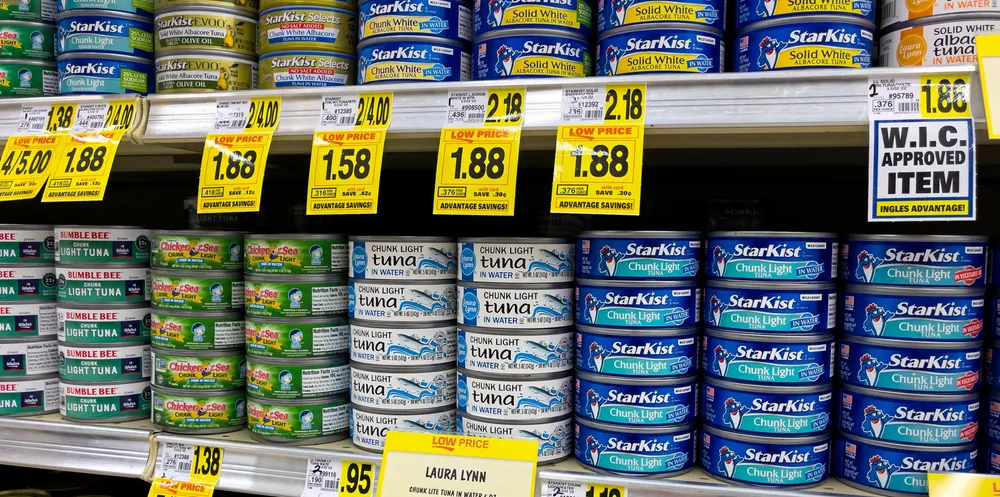New study warning consumers to avoid canned tuna is 'journalistic malpractice' says top US seafood association
The National Fisheries Institute is calling on Consumer Reports to fully disclose its findings.

The National Fisheries Institute is calling on Consumer Reports to fully disclose its findings.
